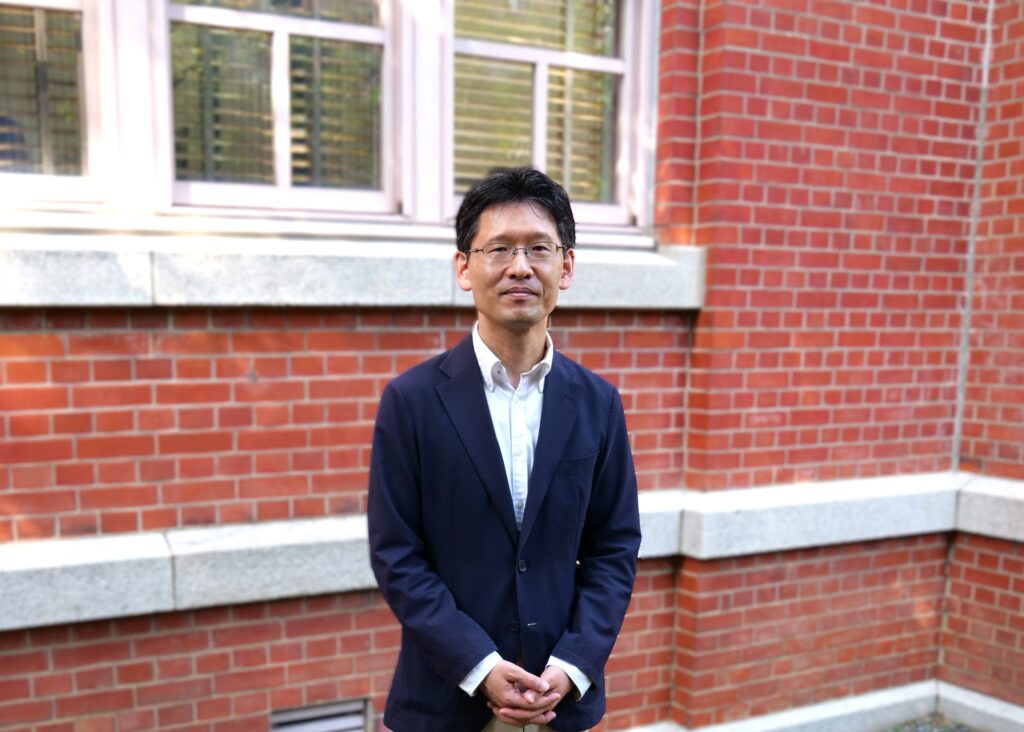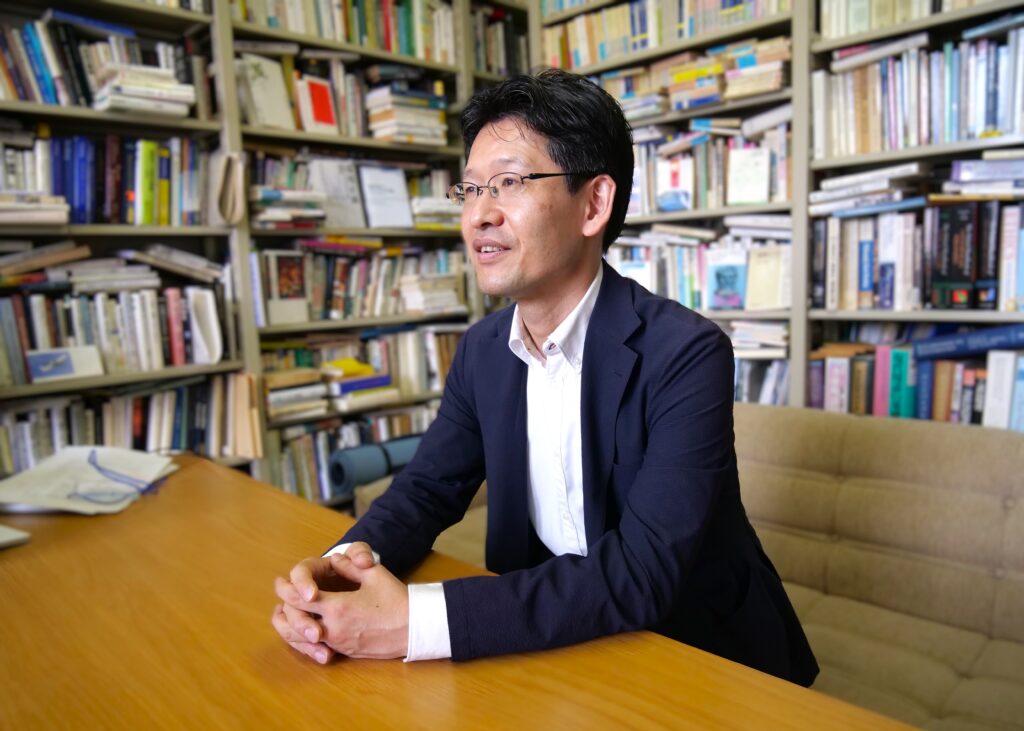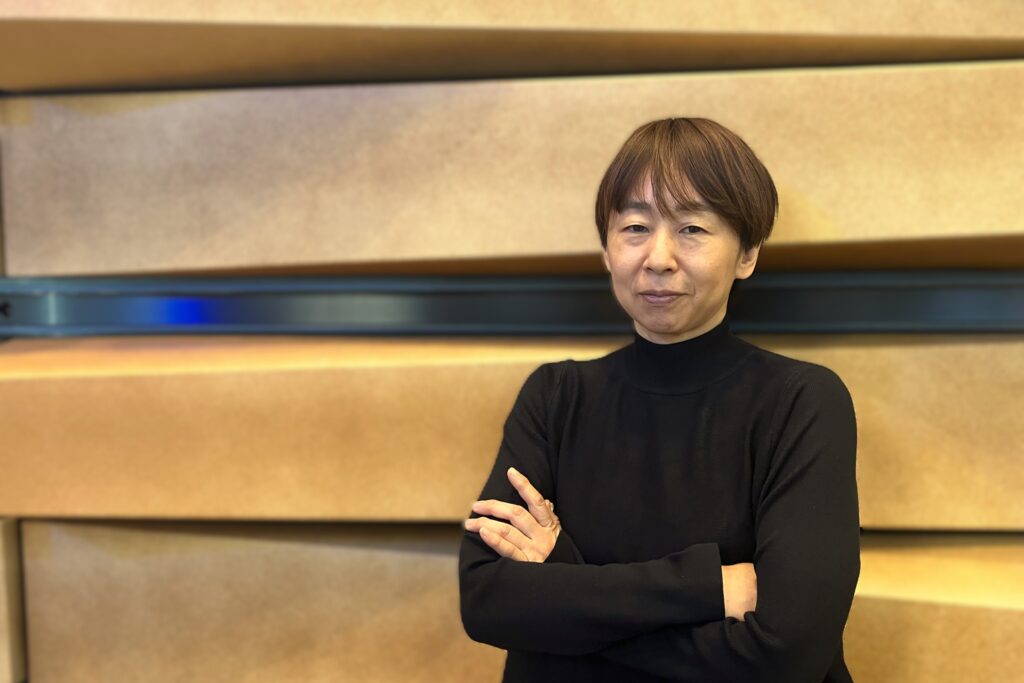What to do if something happens. Society as a whole should think about life decisions.
We spoke to Professor Kodama Satoshi of Kyoto University, project leader of "Sustainable personal arrangements, decision-making and support for maintaining dignity for everyone during life and after death," about the social issues he faces, what sparked his interest, and his thoughts on the project.
The project page isHere

Decision-making becomes more difficult as mutual aid dwindles
I think one of the social issues of today is the decline of mutual assistance. The decline of mutual assistance means that it is becoming more difficult to get help from people close to you, such as family, relatives, and people in your community. In particular, the increasing number of people who are unable to receive support from those close to them in their old age is an issue. At the stage of tidying up one's life, it is important for each person to make decisions that are appropriate for them. However, there are many decisions to be made, and it is not realistic to decide all of the matters by oneself. On the other hand, it is difficult for someone to act on one's behalf, and I think that a very important question is how to support individual decision-making when one cannot receive support from those around them.
Challenging decision-making in end-of-life care
I myself have been researching the ethics of end-of-life care for some time. When it comes to the ethics of end-of-life care, the issue of euthanasia is the most well-known, but hospitals are also forced to make decisions every day about continuing or ceasing treatment for elderly patients in the terminal stages of their illness. In end-of-life care, there is a principle that "if the patient's wishes can be confirmed, the patient's own decision should be the basis." If the patient's wishes cannot be confirmed, the presumed wishes of the family are respected and the best course of action for the patient is taken in consultation with medical professionals. Even so, there are many cases where it is unclear what the patient was thinking.
Advance care planning (ACP) to confirm the individual's wishes(*1)The Ministry of Health, Labor and Welfare's project survey(*2)In 2013, the results showed that while the public has a certain level of interest in end-of-life medical care, awareness of ACP is low and people do not discuss it sufficiently with those around them. I feel that ACP is important for respecting self-determination, but I don't think it will become something that all citizens can do.
Thus, in end-of-life care, an important theme is how to make final decisions that are as close as possible to what the patient wants. I thought that decision-making might be an issue in situations other than end-of-life care as well. When I heard from Mr. Sawamura of the Japan Research Institute about the challenges of tidying up in old age, I thought that there might be decision-making challenges here as well, which led to the launch of this project.
(*1) ACP (Advance Care Planning): A discussion between the individual, their family, medical professionals, and others regarding future medical care and treatment.
(*2)"Report on the Survey on Attitudes Regarding Medical Care and Care in the Final Stages of Life"

Our goal is to create a society without discrimination against older people.
I think the hidden theme of this project is "eliminating discrimination against the elderly." Some people think that medical treatment for the elderly should be stopped early, or that the elderly should retire early. However, if such thinking is internalized among the elderly, they may come to think that they have to take care of themselves. I want to aim for a society where lonely elderly people are not forced to make all their own decisions.
We tend to put off thinking about death. However, it is also important to make decisions and take action in advance about what to do if something were to happen. Rather than leaving it entirely to individuals and families, we believe it is important to tackle this issue together with local communities and companies. Through the SMBC Kyoto University Studio project, we hope to deepen our thoughts with you about how to make decisions regarding various events that occur in life.


